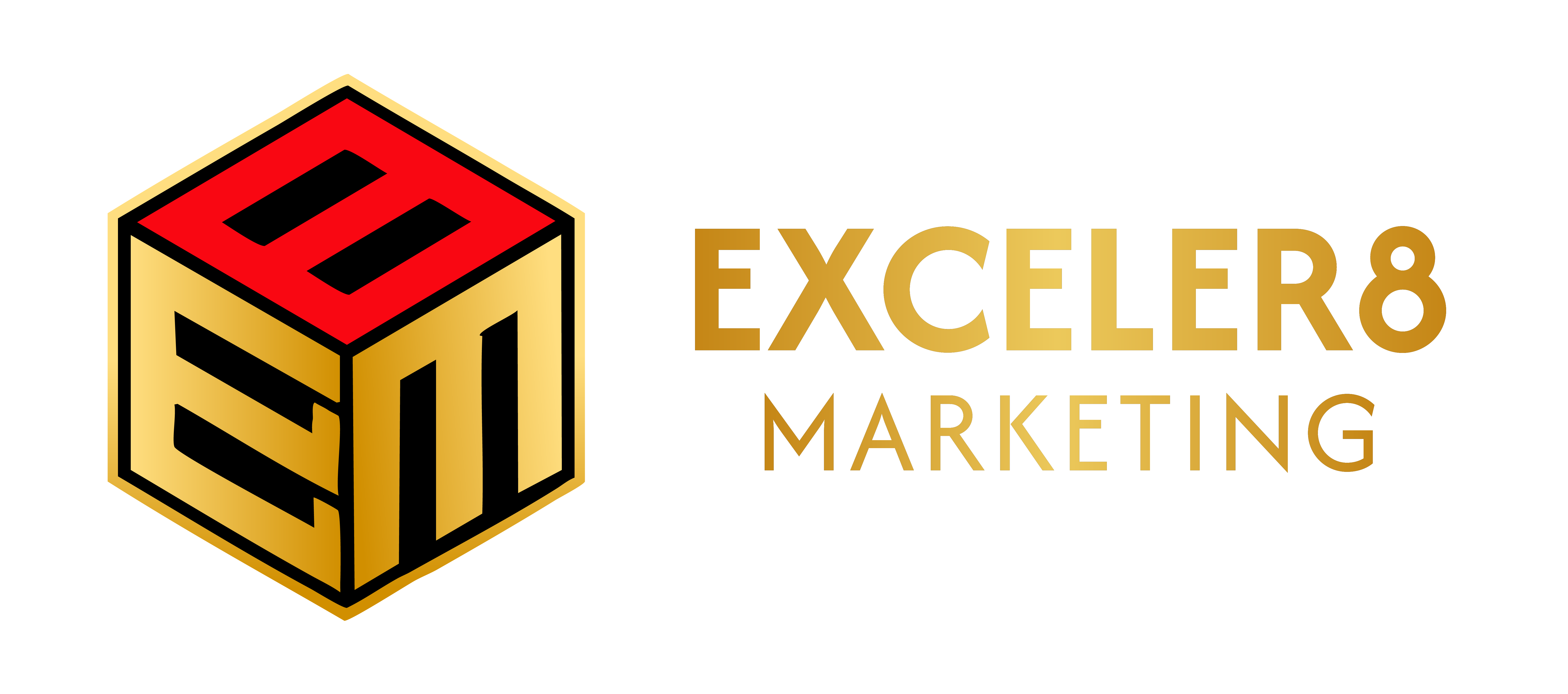A career development plan is a structured strategy that guides employees toward reaching their professional goals while contributing to the overall success of the organization. Companies that invest in a career development plan for employees create a work environment where individuals feel motivated to learn, grow, and contribute meaningfully. This type of planning helps shape future leaders and builds a workforce that adapts to change with confidence.
This article takes a closer look at how career development strategies not only foster employee growth but also boost retention and ramp up productivity. We will break down the benefits of career planning, examine ways to align employee aspirations with career development goals, and outline clear steps for implementing these plans in your organisation. Stick with us to uncover practical tips and actionable insights that can transform your workplace culture.
The Role of Career Development in Employee Growth
Career development plans give employees a clear map of where they can head professionally, which in turn builds a strong sense of purpose. When staff members know their career path, they take ownership of their roles and strive to improve their skills on a daily basis. This proactive approach to learning creates an atmosphere of constant improvement and personal achievement.
Employees who participate in structured development programs often experience an increase in confidence and job satisfaction. They see their goals becoming achievable through regular guidance and feedback. On top of that, these plans tie individual ambitions to the company’s broader mission, fostering a workplace where growth is both personal and mutual.
Investing time and resources in career development makes a noticeable difference in how employees perceive their future within the company. A well-crafted career development plan for employees shows that the organization values its people and is ready to support them as they progress in their careers.
Boosting Employee Retention Through Career Growth Opportunities
When employees see a clear future at their workplace, they are more likely to remain committed for the long haul. Career development plans act as a powerful motivator, reducing the temptation to seek opportunities elsewhere. Workers who can picture a progressive path are less inclined to jump ship, especially when they receive regular updates on their progress.
Retention becomes a natural outcome when companies invest in their people’s growth. Employees with visible career goals tend to contribute more passionately and show up with a positive attitude. Reducing turnover also helps cut down on the time and money spent on hiring and training new staff, which benefits the bottom line.
Organizations that commit to career development cultivate a sense of belonging and loyalty. Staff members feel valued when they see tangible opportunities for advancement, and this feeling of appreciation creates a stable, motivated workforce that is ready to take on new challenges.
Enhancing Workplace Productivity with Skill Development
Career development plans serve as a catalyst for improved performance across the board. When employees receive ongoing training and guidance, they refine their skills and become more efficient in their roles. Regular skill-building sessions not only sharpen technical abilities but also foster better communication and teamwork.
Employees who participate in these programs are more likely to contribute innovative ideas and find creative solutions to everyday problems. Their refined skill sets translate to increased productivity, which can have a direct impact on the company’s success. On top of that, a well-prepared workforce is better equipped to manage complex projects and meet deadlines.
The emphasis on continuous learning cultivates a culture where employees actively look for ways to add value. As team members build their competencies, they naturally step up to take on more responsibility, which highlights the importance of career development in shaping a proactive and capable workforce.
Aligning Employee Goals with Business Success
Aligning personal aspirations with company objectives creates a win-win situation for everyone involved. When employees see how their growth contributes to the overall success of the business, they are more motivated to work hard and achieve their personal targets. This alignment leads to a work environment where everyone feels connected to the organization’s mission.
Workers who understand the business goals tend to take more initiative and display a higher level of commitment. Companies also benefit from having a team that is self-driven and in tune with the broader objectives. This connection between individual ambitions and business targets drives performance and creates a culture of shared success.
When organizations invest in aligning career paths with company goals, they pave the way for a well-coordinated workforce. Each employee’s progress becomes a building block for the overall strategy, resulting in a more cohesive and motivated team.
Building a Strong Company Culture with Career Development
A workplace that emphasizes career development tends to foster a positive and vibrant culture. Employees feel that their personal and professional growth is taken seriously, which leads to a more engaged and satisfied workforce. A strong culture built on learning and growth helps attract top talent and retains them over time.
Organizations that offer structured career plans create an environment where knowledge sharing and mentorship are part of the daily routine. On top of that, open communication and regular feedback make it easier for employees to voice their ideas and concerns. This kind of culture promotes transparency and builds trust across all levels of the organization.
The focus on career development not only boosts job satisfaction but also contributes to higher overall morale. When employees see that their growth is a priority, they are more likely to take pride in their work and contribute positively to the company’s goals.
Key Components of an Effective Career Development Plan
An effective career development plan comprises several important elements that work together to support employee growth. Each component plays a unique role in crafting a strategy that benefits both individuals and the organization. Below are the key elements, along with discussions on how they contribute to a successful plan:
- Clear career progression paths: Employees need a straightforward roadmap that outlines potential job roles and future opportunities. This clarity helps them visualize where their hard work might take them and motivates them to set tangible career goals. When the steps toward advancement are clear, workers feel more secure about their futures.
- Personalized learning opportunities: Not every employee has the same ambitions or skills. Customized training programs, workshops, and mentorship sessions allow staff members to develop in areas that match their unique interests and strengths. Such tailored opportunities empower individuals to build on their strengths and address any weaknesses they might have.
- Regular performance evaluations and feedback: Consistent reviews help employees gauge their progress and identify areas for improvement. Frequent feedback keeps workers informed about their performance, making it easier for them to adjust their goals and strategies along the way. Honest, timely reviews also contribute to a culture of accountability and continuous improvement.
- Cross-functional experiences: Allowing employees to work in different departments or take on diverse roles gives them a broader understanding of the business. These opportunities encourage a more versatile skill set and help workers appreciate the interconnected nature of the organization. Cross-functional experiences also promote teamwork and foster a sense of unity within the company.
- Leadership development programs: Preparing promising employees for future leadership roles is key to long-term organizational success. Programs focused on leadership skills help individuals build the confidence and expertise required to guide teams and drive business initiatives. Investing in leadership training means investing in the company’s future, as it creates a pipeline of capable leaders ready to tackle new challenges.
Steps to Implement a Career Development Plan in the Workplace
Implementing a career development plan might seem like a daunting task, but breaking it down into manageable steps can make the process smoother for everyone involved. Here are six steps that companies can follow, along with discussions for each:
- Assess Employee Career Goals and Skills: Start by having open conversations with employees about their career aspirations. Surveys, one-on-one meetings, and performance reviews help gather valuable insights into individual goals and current skills. This step lays the foundation for a plan that truly reflects the needs of the workforce.
- Design a Development Framework: Create a clear structure that outlines possible career paths and growth opportunities within the organization. This framework should include different roles, responsibilities, and potential milestones. A well-defined framework provides a clear vision of what progress looks like and motivates employees to aim higher.
- Offer Learning and Training Opportunities: Invest in training programs, workshops, and mentorship initiatives that align with employees’ career goals. On top of that, offer various learning formats that cater to different styles, whether it’s hands-on training, online courses, or group sessions. Regular learning sessions help staff members build the skills they need to advance.
- Encourage Managerial Support and Guidance: Managers play a key role in guiding employees through their career journeys. Train managers to have meaningful career conversations and offer constructive feedback regularly. When supervisors are involved and supportive, employees feel more confident about pursuing their goals.
- Set Measurable Career Growth Milestones: Define clear, achievable benchmarks to track progress. These milestones should be tied to both individual performance and broader business goals. Tracking progress through measurable targets helps everyone see the value of the career development plan and motivates them to stay on track.
- Provide Regular Feedback and Adjustments: Make it a habit to review career plans on a regular basis. Feedback sessions should be ongoing, and adjustments should be made as business needs or employee aspirations change. Regular check-ins help keep the plan relevant and ensure that everyone remains aligned with the company’s objectives.
Join a Team That Grows With You
A career development plan serves as a roadmap for both employees and companies, paving the way for a motivated workforce and a successful business future. Taking steps to cultivate growth, retention, and productivity benefits everyone involved. At Exceler8 Marketing, we believe that growth isn’t just a goal—it’s a journey. We don’t just hire employees; we invest in individuals who are eager to learn, develop, and build meaningful careers. If you’re looking for a workplace that values your potential and provides the tools to help you succeed, Exceler8 Marketing is the place to start. Explore career opportunities with us today and take the first step toward a future filled with growth and possibilities.

